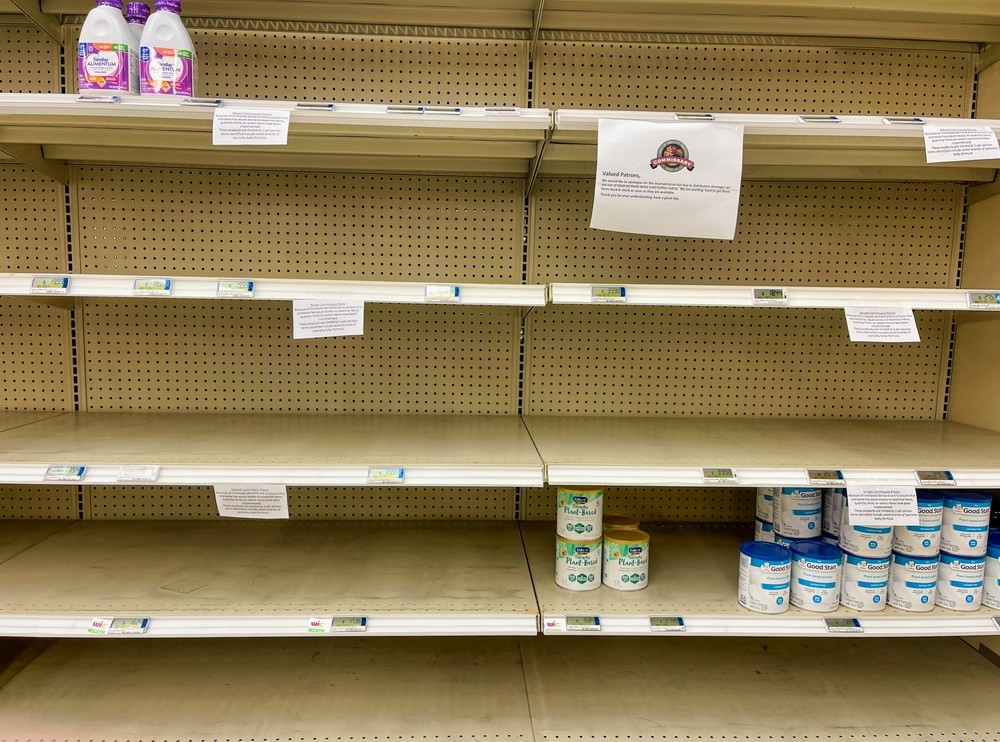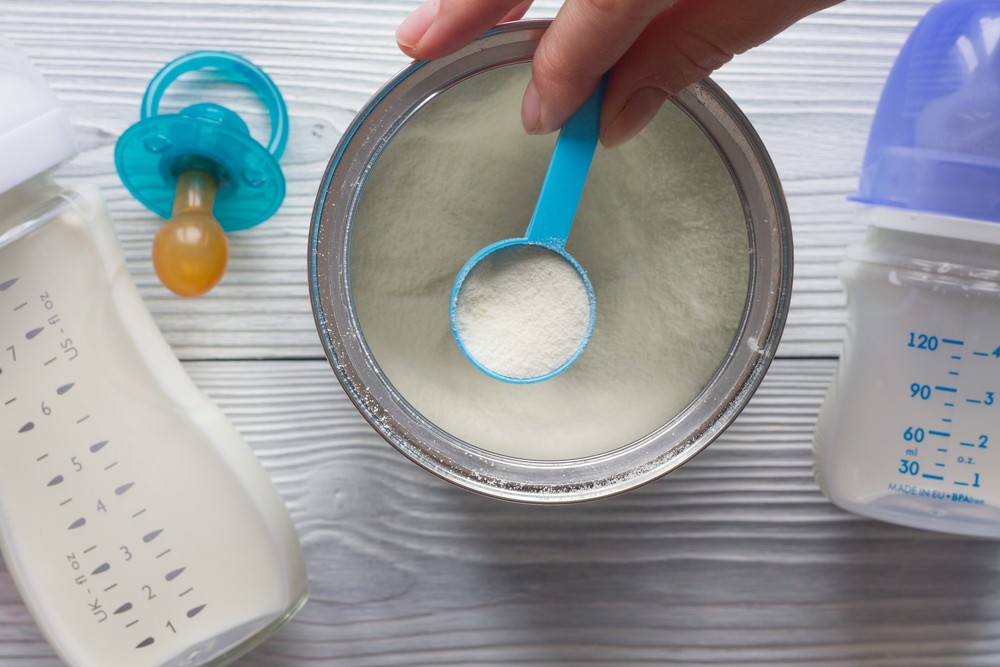Infant Formula Shortage Sheds Light on Ongoing Supply Chain Struggles

It’s difficult to overstate how critical infant formula is to the healthy development of newborns. A single 12.5-ounce can of formula will last approximately three to four days for a newborn or two to three days for an infant — which means new parents can go through as many as 10 to 12 cans each month. Now, in what may be the most severe consequence of ongoing supply chain obstacles, parents trying to stock up on formula are finding nothing but empty shelves.
How did the infant formula crisis arise, and is there an end in sight for the parents now forced to drive hundreds of miles in search of a solution?
Production and other issues
Like most shelf shortages in the current climate, the infant formula crisis stems from supply chain problems. There are bottlenecks at every stage, stretching back to production, including lack of transport to move formula across the country, production capacity issues, and problems sourcing materials.
While the shortage seems to have appeared overnight, the real trouble dates back to February, when the Food and Drug Administration (FDA) shut down a formula manufacturing facility in Michigan owned by Abbott Nutrition. The factory was cited for multiple major violations, which culminated in recalls of several high-demand formula products, including Similac, Alimentum, and EleCare, for infants with dietary allergies.
In mid-May, production problems finally trickled down to the consumer level, resulting in empty shelves and worried parents.

The measure of ongoing supply chain struggles
Formula is harder to find with each passing week. Bloomberg, citing data from retail-tracking firm Datasembly, reported, “For the week ending May 8, 43% of formula was out of stock at retailers tracked by the firm nationwide — compared with 31% about a month ago.” Major urban centers, such as San Antonio, Charlotte, Nashville, Houston, and Las Vegas, are all well above the national average, with 50% out-of-stock rates.
With distribution channels already stressed on top of persistent production problems, it’s a situation unlikely to improve without help. Thankfully, government intervention is imminent. The Biden administration has invoked the Defense Production Act to compel formula producers to ramp up production, and the FDA has reached an agreement with Abbott Nutrition to restart its Michigan plant in a way that is safe and compliant.
Preventing an even bigger crisis
While the current state of the supply chain is to blame for the dire formula situation, an underlying problem is gaining attention as regulators seek to resolve the crisis. The U.S. baby formula market is currently dominated by four companies: Abbott Nutrition, Mead Johnson Nutrition, Nestle USA, and Perrio Company. This near monopoly means when one company falters, as Abbott Nutrition did, it’s consumers who suffer while the remaining producers struggle to meet demand.
U.S. policy is increasingly focused on repairing supply chains for the long term, and it’s also likely to work toward improving production. The issue is not a simple one of meeting demand with supply distribution — it’s about meeting demand through production flexibility.